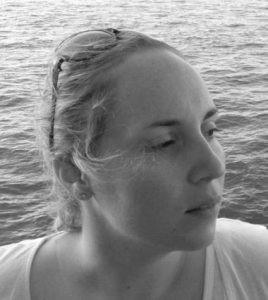
What is your writing goal? Digging into the real reason to write
montclairlocal.news – Saturday March 10, 2018

“So,” the literary magazine editor said, peering around the classroom at us over his wire-rimmed glasses. “As a writer, what’s the goal?”
We all glanced at each other and laughed nervously. This was the last formal class of a week-long writer’s retreat at the Martha’s Vineyard Institute for Creative Writing, and so far, it had been a dream.
For five whole days, I had done nothing but write, talk about writing and take classes about writing with 20 other people who also wanted to do nothing but write, talk about writing and take classes about writing. At night, we would sit around the kitchen of the seminar house, discussing our projects while the ocean breeze flowed through the open screens.
It was like the best summer camp ever. With wine.
But by Thursday morning we were starting to wilt.
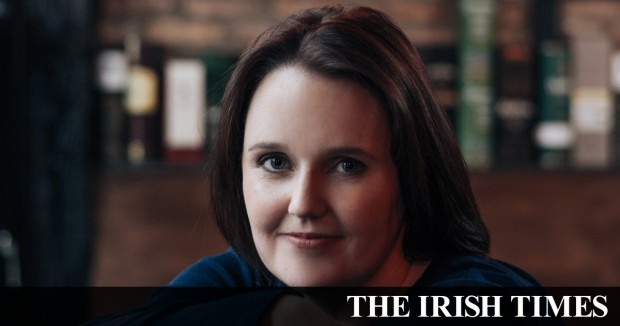
Writing a novel is hard but the story shouldn’t be. It should be your favourite thing
irishtimes.com – Friday March 9, 2018

It took me a long time to find the story I was able to tell. For years I carried around the seeds of something different – I had the characters, the setting, the incident that would kick the story off, but I could do nothing with it. I gave it time, poked it and prodded it but it was stale. A dead thing. It was only when I gave that up, turned away from it entirely and wrote something new, something closer to home, that I found my rhythm. I’ll never make that mistake again, try to create something that my head tells me I should write but for which I feel very little.
Writing a novel is hard, but it shouldn’t be hard in that way. What is hard is finding the time, fitting it around a day job and children. It’s hard too to build your confidence in your work when the first 20,000 words are, inevitably, rubbish. But the story itself shouldn’t be hard. The story should be your favourite thing. It should call to you in between making the lunches, doing the school drop, between the pages of other novels.
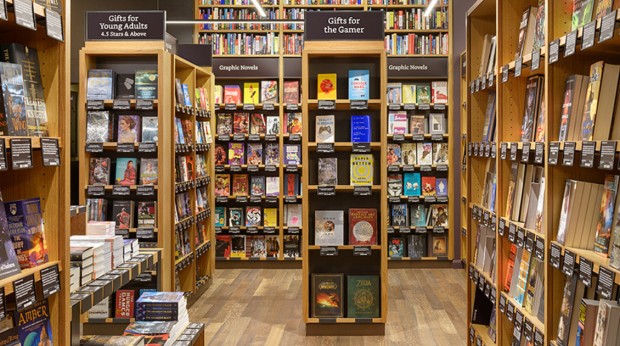
Traditionally Published Authors Want What Indies Have
goodereader.com – Friday March 9, 2018

When self-published authors like Amanda Hocking became book industry names, it was for reaching incredible sales figures on the fairly new Kindle e-reading platform. After reaching newsworthy levels of success, Hocking and others like her attracted the attention of literary agents and publishers looking to reach consumers. Experts would often question why an author who was already on the bestseller list would possibly be convinced to give a sizeable portion of their royalties; the answer was almost always the same: “I’m tired of being a businessman, I want to go back to being a writer.”

This Podcast-Based Writing Course Will Get You Working on Your Dream Novel
lifehacker.com – Thursday March 8, 2018

Tim Clare’s Couch to 80K writing podcast is a delightful, intense, encouraging eight-week journey towards writing a novel. For the best experience, go into it blind; all you need to know is that it’s good and it’s appropriate for any experience level. If you want to know more, keep reading, but be aware that here be spoilers.
Okay, just us? I won’t give away the specific writing exercises, but I’ll provide a rough map of where the course will take you. It’s an adventure! At first I thought I’d listen to a few episodes to see if it was worth recommending. Instead, it drew me in and I completed the whole course. Ever since I finished, I miss hearing Tim Clare’s encouraging and slightly angry voice every day. But that pleasure can now be yours.

Teaching William Zinsser to Write Poetry
newyorker.com – Tuesday March 6, 2018

In the spring of 2012, I got a call from William Zinsser, asking if I thought I could teach him to write poetry. “Yes,” I replied, confident not so much in myself as in him: if Zinsser, the beloved nonfiction guru, the author of “On Writing Well” and eighteen other books, couldn’t be taught to write poetry, nobody could. There was just one catch: Bill was blind.
He wasn’t completely blind, not yet; he could still make out shapes and shadows. Progressive glaucoma had recently caused him to retire from writing prose, a practice he’d maintained, weekdays from nine to five, into his eighty-ninth year, working in a one-room office on East Fifty-fifth Street. Bill’s daily commute to that office—a half-mile walk—had become too harrowing.

Stop writing and learn to be a better writer
thedrum.com – Tuesday February 27, 2018

A woman walks up to a construction worker in Manhattan.
“Excuse me young man,” she says. “How do I get to Carnegie Hall?”
He puts his pickaxe down and wipes his brow. Finally, he speaks.
“Lady, you gotta practise.”
He’s right. Every skilled, or would-be skilled, tradesperson needs to practise. But what does practise mean? For copywriters, specifically? It might seem obvious. You write. As much and as often as you can.
Ads. Blog posts. Emails. Landing pages. Scripts. Sales letters.
The more you write, the better you get. Right? Wrong.

9 writing and reading tips from writers
artshub.co.uk – Monday February 19, 2018

Are you are an emerging or professional writer? Maybe your day job consist of writing, reading and replying to numerous emails. Perhaps you may want a better understanding of the craft of writing, which in turn will allow for a different perspective when you are reading other people’s words.
As Margret Atwood stated in The Guardian, ‘Reading and writing, like everything else, improve with practice. And, of course, if there are no young readers and writers, there will shortly be no older ones.'
To help you traverse this global culture of constant communication, ArtsHub spoke with five writers to ask them for some helpful reading advice.
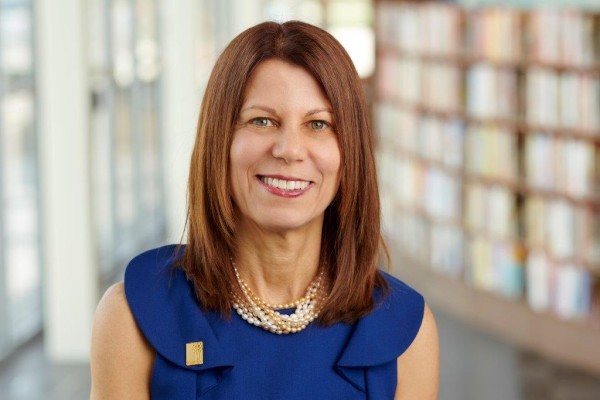
What I Learned From Bestselling Author Andrew Neiderman
publishersweekly.com – Saturday February 17, 2018

I grew up in South Fallsburg, New York about 100 miles from New York City. I went to Fallsburg Central Schools, where it took nearly 10 villages and rural towns to create a district. And in my junior year of high school, I convinced the school leadership to allow me to graduate a year early, and I convinced my parents to let me escape small town life for college.
The main requirement for early graduation was doing double English in my junior year. So I signed up for the required New York State Regents English course, and took a creative writing elective. I was neither creative, nor showing any potential as a writer, but I was always a reader. And my creative writing teacher, Andrew Neiderman, nurtured that love of reading with the eclectic novels he chose for his syllabus, among them, Joseph Heller’s Catch-22 and Kurt Vonnegut’s Cat’s Cradle, books that have stayed with me nearly 50 years later.
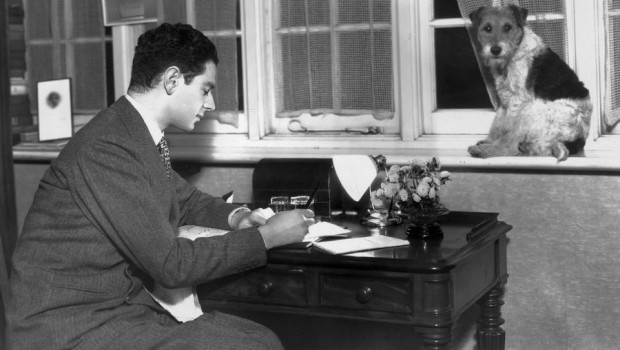
6 famous writers who never made a dime
bigthink.com – Friday February 16, 2018

The image of the broke writer is engrained in the popular imagination. The often tortured artist who writes until they remember to eat, and then eats too little as to stretch out their failing budget.
While this image doesn’t apply to most writers, there are a few remarkably famous authors who hardly made a dime by writing. This didn’t stop them from joining the ranks of the most celebrated poets and novelists of all time. Here we have six such authors for your consideration.
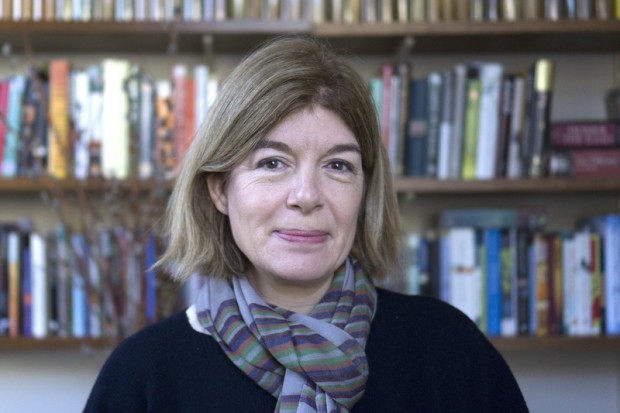
Creative Writing Tips from Harvard’s Faculty
thecrimson.com – Wednesday February 14, 2018

Harvard’s English faculty hosts a powerhouse of acclaimed creative writers. As lecturers and professors, they devote countless hours to passing on the skills of their craft to students. The Crimson asked four faculty members who teach fiction-writing classes to share their creative writing wisdom.
“You can make an entire world up in your head and transmit it to other people with scribbles on a page,” said Claire Messud, a Senior Lecturer. “Making up stories is open to all of us.” While not every Harvard student will have the opportunity to take their classes, anyone can try their hand at creative writing.
Get the free newsletter | Submit a news item or article | Get Writers' News for your website





